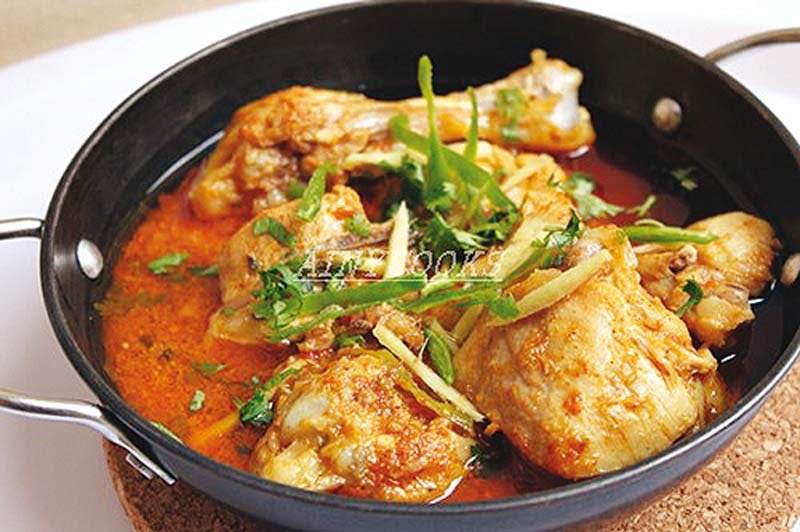
However, if you refrain from cockamamie food choices, it will save you from being a daytime recluse, a thirsty curmudgeon or an insufferable bellyacher, allowing you to relish this month to the fullest without truncating your outdoor activities. Correct meal choices are as important as practicing moderation in Ramazan because some foods rob us of water more than others and unluckily, they are the ones we reach for when breaking our fast.
Here is a list of foods and ingredients that make us thirsty:
Tea

All that ma’e (liquor) that keeps cropping up in Urdu poetry, in our part of the world could easily be our regular doodh patti! To us, tea is an elixir of life. It gives us the energy to function and soldier on through our days. However, that kind of consumption has some strings attached.
Tea is a rich source of caffeine, a strong brain stimulant with a potent diuretic action, which means you pass more urine and have less water in the body making you not just thirsty, but dehydrated as well. The trick is to consume it in moderation, less than five cups a day, with plenty of water in between to replenish the body’s store.
Additionally, monitor the caffeine you are consuming in forms of sodas, energy drinks and chocolate desserts. All of which potentiate the thirst reflex when consumed with tea, leaving no room for anything else.
Oily foods

So we like our tea strong and our parathas oily! No iftar is complete without deep fried food such as fritters, samosas and rolls. But oily foods need to be chased down the throat with lots of water. They trigger thirst in the brain, making you feel parched and gasping for a tall drink of water all day long.
High-protein diet

As real foodies, we swear by proteins and no matter how full we are, we just cannot pass up a plate of good biryani. We love our karhai, which topped with roasted peanuts is pure joy, and we graze on nuts wholeheartedly. Other sources of protein in our diet include sea food, gram flour, cured meat and lentils. However, proteins need lots of water to be filtered out of the body. Due to the free nitrogen in their structure, they exponentially raise urine output. Not only do they put our thirst reflux in an overdrive but also takes hours to be digested, downplaying our hunger, making us feel full for long after breaking fast. This fullness prevents us from eating a proper meal at sehri and leaves us dull and lethargic the next day, whiling away our time waiting for the next meal.
High salt content

Even though the main essence of fasting is to learn inhibition and resist temptation in all forms, during Ramazan we tend to lose control on balancing our diet in the pursuit of savouring traditional cuisines laden with salt. This causes tipping of the precarious water-salt balance in the body. As the cells release their water to tame the rampant solutes coursing through the blood stream, they shrivel up in the process, sending a signal to the brain to initiate thirst for restoration of cellular water content. Since you can’t take a leisurely sip of water, the condition worsens. As time passes, it puts you at an extremely high risk for dehydration, from hypernatremia in the long run, making you dizzy and dehydrated throughout the day.
Remember, the meal you take at sehri is only to give you a small burst of energy to help you sail through the day relatively unscathed. It won’t stop you from feeling hungry or thirsty at some point of the day. And because you are not a camel, gluttony can’t help you store food beyond a limited capacity without being sick and queasy. So consume water in small amounts intermittently after iftar and top it up before starting your fast to live down these sweat inducing days.
Published in The Express Tribune, June 15th, 2016.
Like Life & Style on Facebook, follow @ETLifeandStyle on Twitter for the latest in fashion, gossip and entertainment.


1727778647-0/diddy-(16)1727778647-0-165x106.webp)

1732014631-0/BeFunky-collage-(71)1732014631-0-165x106.webp)
1732004244-0/Untitled-design-(13)1732004244-0-270x192.webp)
1732002444-0/Express-Tribune-(4)1732002444-0-270x192.webp)










COMMENTS (2)
Comments are moderated and generally will be posted if they are on-topic and not abusive.
For more information, please see our Comments FAQ